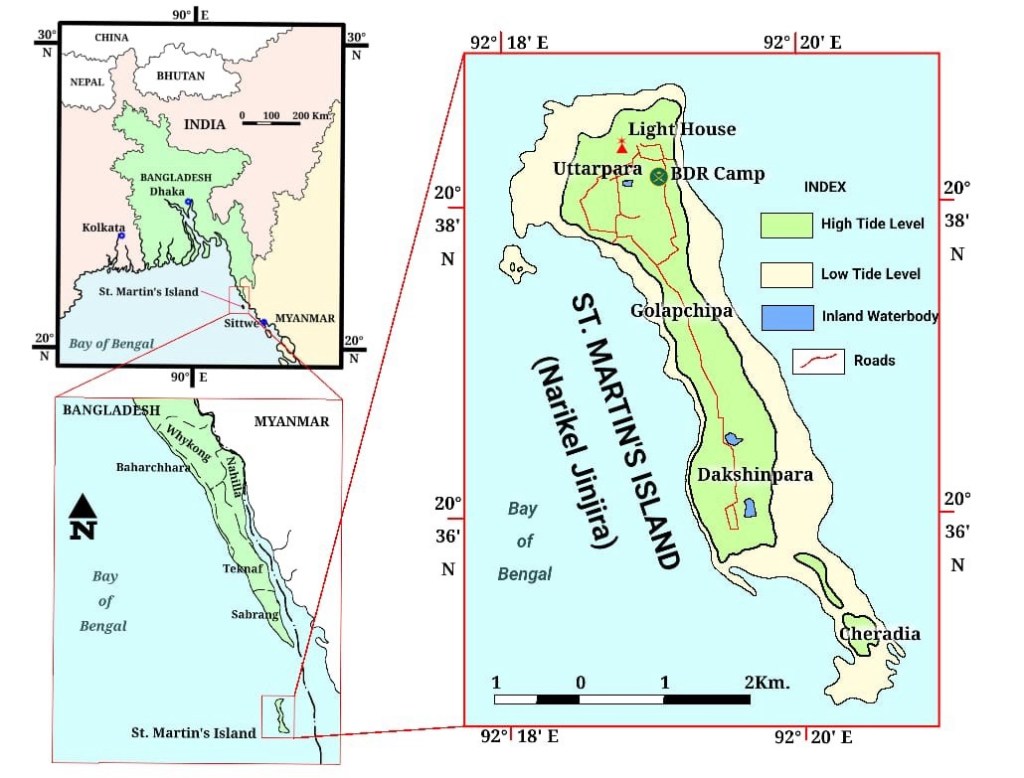AFP reprint: At least 6 killed, scores injured in Pakistan suicide bombing
At least six people including Pakistani paramilitary troops were killed and scores injured on Saturday, in a bombing claimed by separatists in volatile southwestern Balochistan province, officials said.
…
The BLA is also behind a surge in attacks in the region targeting Chinese workers.
Much of the violence is directed against Chinese infrastructure projects in Pakistan to connect China’s Xinjiang region with the Arabian Sea to reach markets in the Middle East, Europe, Africa and beyond.
Of course, AP makes no mention of Chinese workers being targeted.
Related:
AP reprint: Blast in southwestern Pakistan kills 1 person and wounds 35 (archived)
Read More »





You must be logged in to post a comment.